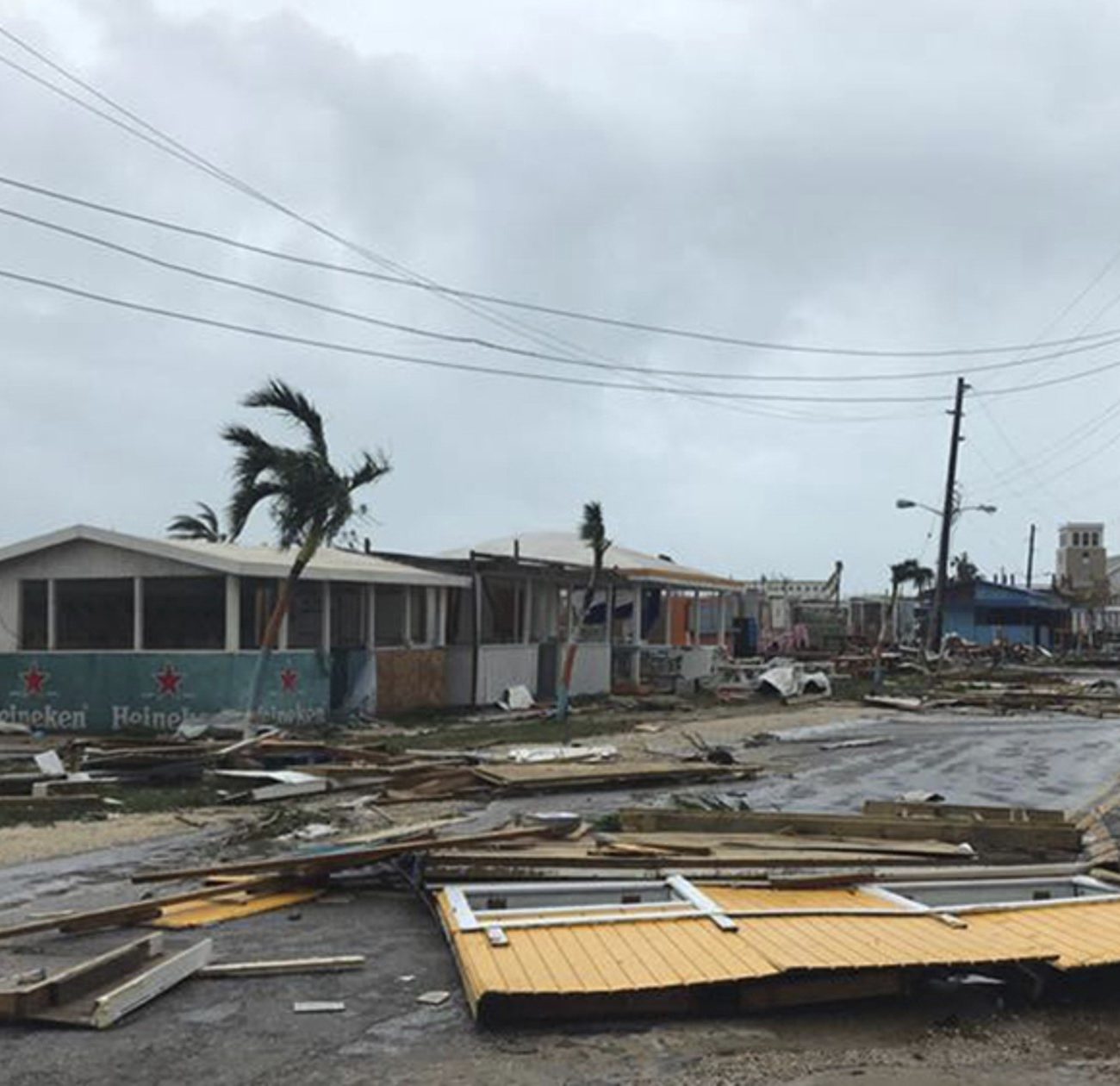Caribbean countries are exposed to high levels of risk from meteorological hazards, which have significant negative impacts on their economic and fiscal stability. These natural hazards are being exacerbated by the adverse effects of climate change. The high costs of recovery and reconstruction have resulted in increased debt, unsustainable budgetary deficits, and unreliable funding streams for many countries in the Caribbean. Absence of macroeconomic stability makes it challenging for Caribbean countries to implement poverty reduction policies.
Anguilla is a micro-state, one of the five United Kingdom (UK) Overseas Territories in the Caribbean. Lying at the northern end of the eastern Caribbean island chain, which is almost flat, being particularly vulnerable to wind impacts.
The GoA Department of Infrastructure (DoI) is responsible for maintaining all publicly owned and rented buildings and facilities. The current project had as objective helping the government to build capacity and provide tools to help in the decision-making process around investments in building reconstruction and maintenance.
A risk-asset management system base has been built by defining the database and the methodology to be followed. An inventory and inspection of 154 buildings has been carried out to calibrate the tool and be shown as exercise of how to proceed with the investment prioritization. Maintenance & repair, together with retrofitting interventions strategies, including adaptation measures to better resist hurricanes, have been defined and assigned to the 154 buildings based on their inventory and inspection previously gathered information. Finally, a cost-benefit analysis based on the asset value and using FEMA criteria has been implemented to enable a quantitative prioritization approach.
Training sessions were provided all along the project in a remote way, plus three punctual training sessions were undertaken in Anguilla to cover the different aspects of the project.
